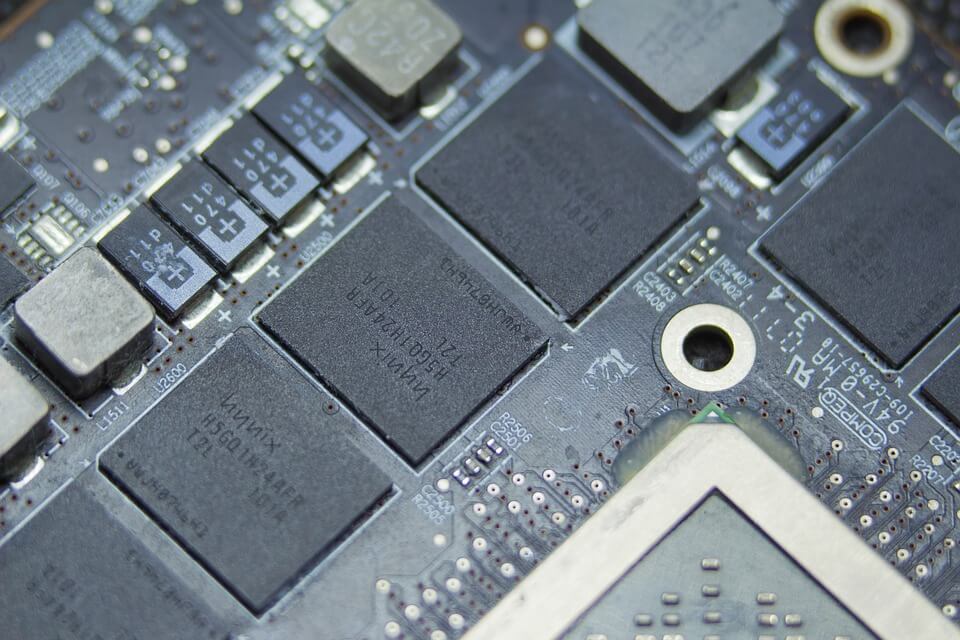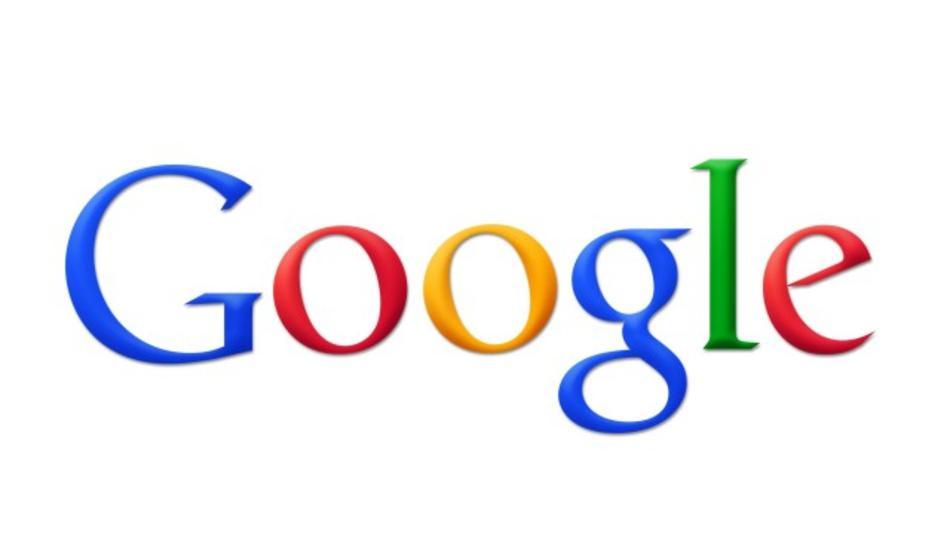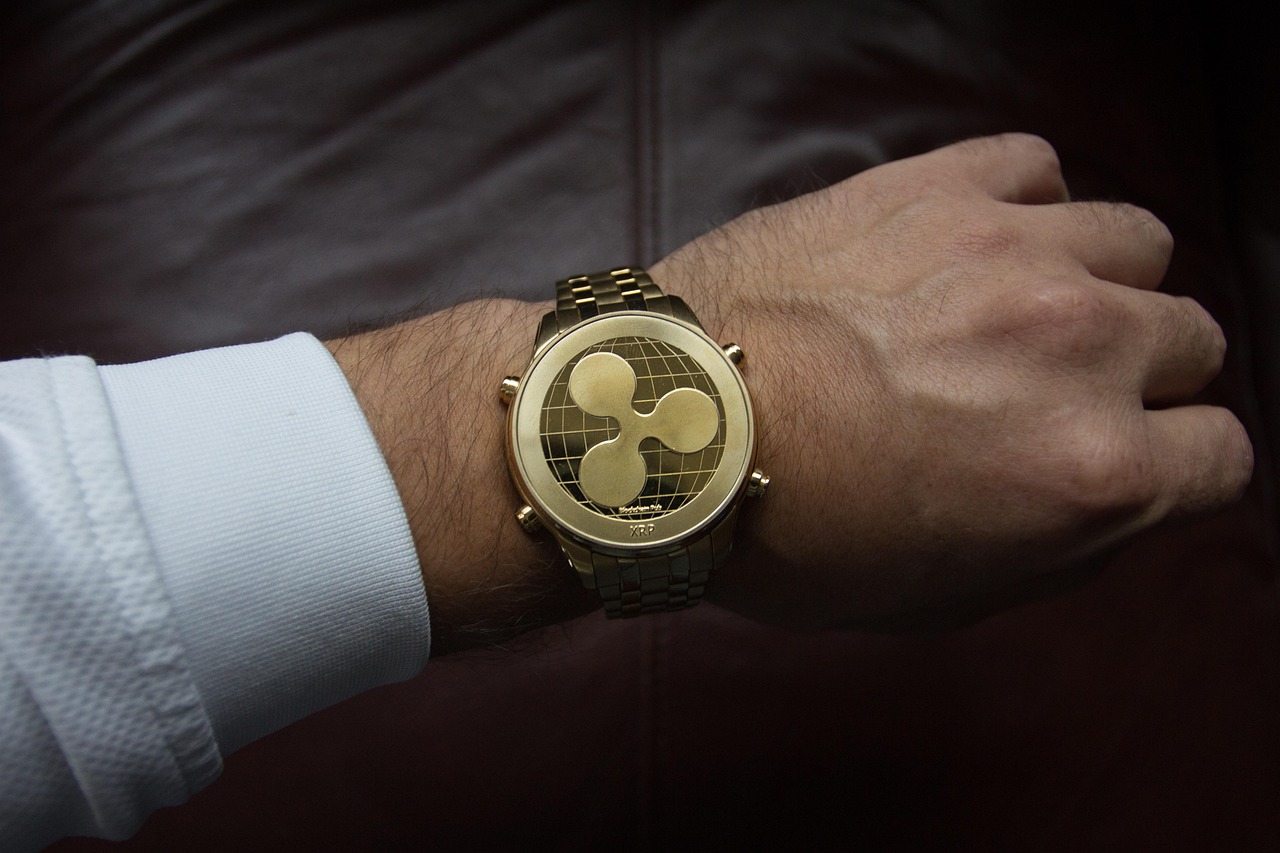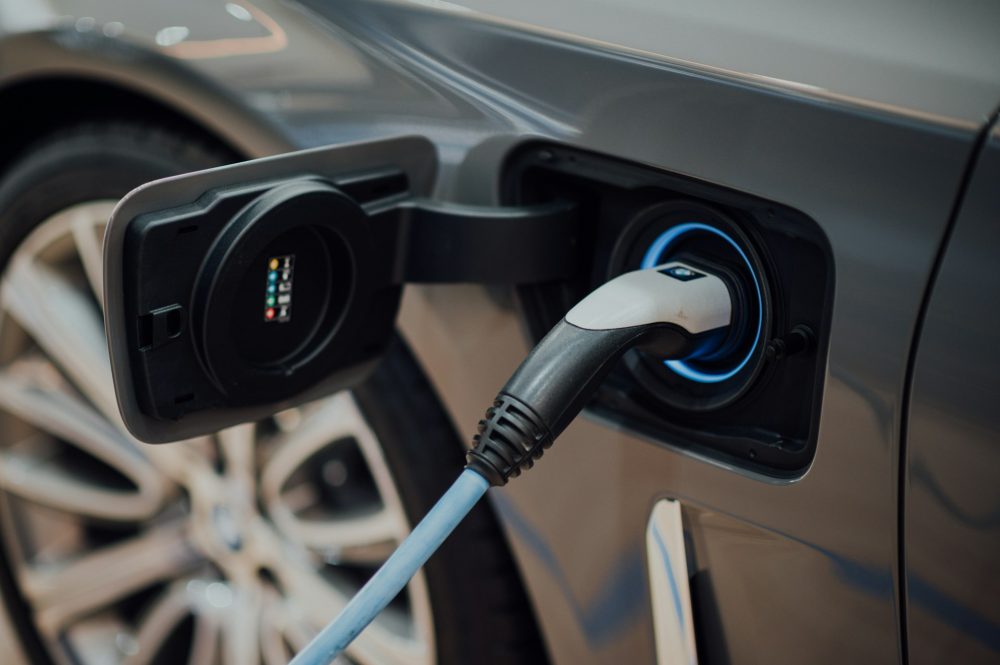Business
Is Europe missing out on the current global tech explosion?
Europe is seen less aggressive in investing in the tech sector compared to the United States.

Looking at global IT-Web design firm IT Craft’s clientele will give one an idea how European companies are less aggressive than its North American counterparts in terms of investing both money and interest in the tech industry. Almost 50 percent of its customers come from North America and Australia, while 45 percent of which are shared by various clients from different parts of Europe.
However, this seems to be a conservative evaluation of the region’s tech quandary if one would look at Europe’s major tech newspaper’s latest study on the matter. According to Tech.Eu, American tech companies are more prolific than European firms when it comes to acquisitions and contributions to the global tech ecosystem.
In 2014, over a hundred European companies were acquired by American firms. Also, most US-Europe mergers that occurred in the past few years ended up being bought completely by the American entity after a year or two.
Google, a predominantly American company, acquired a large number of European tech firms in 2014. Tech journalists aptly tag it as “one, great shopping spree,” as the acquisition happened amid regulatory scrutiny not only of the search engine giant but also of several American-owned firms doing business in Europe.

Google logo. (Source)
A big slice of the global tech firm environment is being shared by American companies such as Google, Facebook, Twitter, Apple, Amazon, and Microsoft. Many innovative European companies have been either acquired in the last three years by American firms or ended up shutting down operations.
But the European tech predicament goes beyond the M&A data. In the past few years, there have been incidents highlighting the European region’s antagonism over American companies trying to do business in the region.
Just recently, Uber filed separate complaints against Germany and Spain over the issued prohibitions for its cab-hailing system, stating that it goes against existing laws on transportation.
Additionally, according to a report issued by The Financial Times in April, global tech and mobile phone giant Apple is now being investigated by the European Commission for its purportedly shady dealings with various European labels and artists to ditch Spotify, the current leader of the music streaming segment.
Experts have been speculating that these recent tech hullabaloos have gone beyond industry concerns and already reached political level. Last month, European regulators announced that many American tech firms should be penalized for not adhering to the region’s tax rules.
This is also the reason why most American start-ups prefer the Asia-Pacific rather than the EU. Now, the antagonism seems to have reached the level of reciprocation expected in unspoken feuds like this, as most European start-ups would rather put up a trade in Asia than in the US.
Europe, in essence, should have been more enthusiastic over expanding its tech prowess beyond the region. Moreover, Europe has Spain, Germany, Belgium, the Netherlands, and the UK, countries that have produced brilliant minds essential in the science and tech segment in the past decades.
But why do European owners continue to entertain American companies if things do not sound right in the first place? Perhaps the problem is more political than cultural.
The region’s economy generated over $17 trillion in 2013, which is a bit larger than the US’ GDP of $16.8 trillion. Europe is the second largest consumer market in the world, accounting for a third of the top 100 companies by market cap.
So what’s happening in Europe? Is it a manpower issue? Political? Or simply an entrepreneurial perspective difference?
At the end of the day, the tech lacuna is a problem only the Europeans can fill in, or better, solve. Or maybe Americans can help.
—
This article may include forward-looking statements. These forward-looking statements generally are identified by the words “believe,” “project,” “estimate,” “become,” “plan,” “will,” and similar expressions. These forward-looking statements involve known and unknown risks as well as uncertainties, including those discussed in the following cautionary statements and elsewhere in this article and on this site. Although the Company may believe that its expectations are based on reasonable assumptions, the actual results that the Company may achieve may differ materially from any forward-looking statements, which reflect the opinions of the management of the Company only as of the date hereof. Additionally, please make sure to read these important disclosures.

-

 Fintech1 week ago
Fintech1 week agoRipple and Mercado Bitcoin Expand RWA Tokenization on XRPL
-

 Crypto11 hours ago
Crypto11 hours agoXRP Hits New All-Time High Amid U.S. Crypto Policy Shift and Ripple’s Expansion
-

 Impact Investing1 week ago
Impact Investing1 week agoItaly’s Electric Cars Market Rebounds, but 2030 Targets Remain Elusive
-

 Cannabis3 days ago
Cannabis3 days agoGermany Moves to Tighten Medical Cannabis Rules Amid Surge in Private Use

























